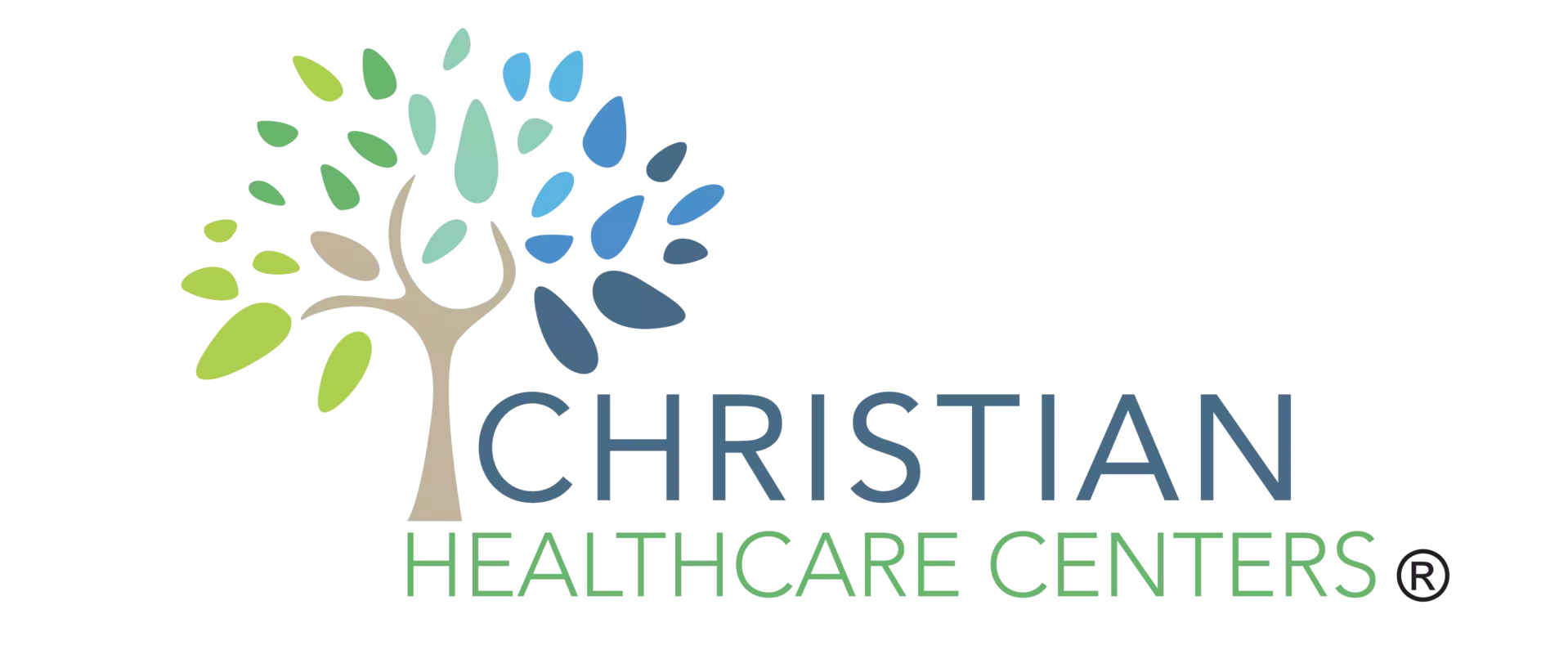Have you ever wondered if there’s a better way to manage your healthcare costs and access quality care?
Well, you’re in luck! Alternative models to traditional health insurance offer a range of benefits that can revolutionize your healthcare experience.
From cost savings to improved access to personalized care and enhanced doctor-patient relationships, these alternative models can potentially transform how you approach your healthcare needs.
And that’s just the beginning!
So, if you’re intrigued and want to discover more about the advantages of alternative health insurance models, keep reading.
Benefits of Direct Primary Care
Direct Primary Care offers numerous benefits to individuals seeking affordable and personalized healthcare.
One of the key advantages is reduced wait times. Unlike traditional healthcare models, where you have to wait hours to see your primary care physician, Direct Primary Care allows you more immediate access to your doctor. This means you don’t have to wait weeks for an appointment or spend hours in a crowded waiting room. You can simply call or message your doctor and get the care you need when you need it.
Another benefit of Direct Primary Care is increased patient satisfaction. With this model, you have a direct relationship with your doctor, fostering trust and connection. Your doctor knows you personally and understands your unique healthcare needs. This personalized approach increases patient satisfaction as you feel heard, valued, and understood.
Moreover, Direct Primary Care eliminates the need for insurance companies and their complicated claims processes so that you can focus more on your health and less on paperwork. This streamlined approach enhances your overall experience and satisfaction with the healthcare system.
Cost Savings of Direct Primary Care
Reducing the financial burden of healthcare, Direct Primary Care offers significant cost savings for individuals seeking affordable and personalized healthcare. By eliminating the need for traditional health insurance, Direct Primary Care providers can offer reduced expenses and more accessible healthcare options.
Direct Primary Care operates on a membership-based model, where individuals pay a monthly or annual fee directly to their primary care physician or clinic. This fee covers various services, including preventative care, routine check-ups, and basic lab tests. By cutting out the middleman, such as insurance companies, Direct Primary Care providers can reduce overhead costs and pass those savings onto their patients.
The following table highlights the cost savings of Direct Primary Care compared to traditional health insurance:
| Cost Savings | Direct Primary Care | Traditional Health Insurance |
|---|---|---|
| Monthly Premiums | Lower or no premiums | Higher premiums |
| Co-pays | No co-pays | Co-pays for each visit |
| Lab Tests | Included in membership fee | Additional charges |
| Prescription Drugs | Lower costs through negotiated discounts | Higher costs depending on insurance coverage |
With Direct Primary Care, individuals can access affordable healthcare without the burden of high monthly premiums and additional costs for co-pays, lab tests, and prescription drugs. This model allows patients to receive personalized and comprehensive care without the financial strain associated with traditional health insurance.
Improved Access to Healthcare
To enhance your ability to receive healthcare services, consider the improved access provided by alternative models such as Direct Primary Care. These models offer various options to ensure that you can conveniently access healthcare when you need it most.
One of the ways alternative models improve access is through telemedicine options. With telemedicine, you can consult with healthcare professionals remotely, using video calls or phone consultations. This eliminates needing to physically visit a healthcare facility for minor ailments or follow-up appointments, saving time and effort.
Another way in which alternative models enhance access is by promoting community-based healthcare. Instead of relying solely on large hospitals or specialist clinics, alternative models emphasize the importance of local healthcare providers. This means you can receive primary care services from doctors and healthcare professionals in your community.
These providers are more familiar with your needs and can offer personalized care. They can also build long-term relationships with you, ensuring continuity of care and a deeper understanding of your health concerns.
Personalized and Comprehensive Care
By prioritizing your individual needs and providing a comprehensive approach to healthcare, alternative models offer personalized care that ensures your well-being. Unlike traditional health insurance, which often takes a one-size-fits-all approach, alternative models tailor your treatment to your specific needs. This personalized treatment allows for a more effective and efficient healthcare experience.
Alternative models embrace a holistic approach to healthcare, recognizing that various physical, mental, and emotional factors influence your well-being. They understand that treating the whole person is essential for optimal health outcomes. With alternative models, you can expect healthcare providers who take the time to listen to your concerns and develop a treatment plan that addresses all aspects of your well-being.
These models also prioritize preventive care and wellness, aiming to keep you healthy rather than treating you when you’re sick. They emphasize the importance of regular check-ups, screenings, and lifestyle modifications to prevent future health problems. By taking a proactive approach, alternative models empower you to take control of your health and make informed decisions about your care.
Furthermore, alternative models offer additional services and resources to support your well-being. These may include access to alternative therapies, such as acupuncture or chiropractic care, wellness programs, and educational resources. By providing a range of options, alternative models ensure you have the tools and support you need to maintain a healthy lifestyle.
Enhancing Doctor-Patient Relationship
Building a trusting relationship between doctors and patients is crucial for effective healthcare delivery. When patients feel a sense of connection and trust with their doctors, it can lead to improved communication and, ultimately, higher patient satisfaction.
Here are three ways alternative models of healthcare can enhance the doctor-patient relationship:
- Increased Time and Attention: Unlike traditional health insurance models that often prioritize volume over quality, alternative models prioritize personalized care. This means doctors have more time with each patient, allowing for thorough discussions and a deeper understanding of their medical history and concerns. Doctors can build stronger relationships with their patients with more time and attention, leading to improved communication and a greater sense of trust.
- Holistic Approach: Alternative healthcare models often focus on a holistic approach to medicine, considering not just the physical symptoms but also patients’ emotional and mental well-being. Doctors can better understand their patient’s needs and tailor treatments by taking a more comprehensive view of healthcare. This approach fosters a deeper connection between doctors and patients, showing that the doctor genuinely cares about their well-being.
- Collaborative Decision-Making: In alternative models, doctors and patients work together as a team to make decisions about their healthcare. Patients are encouraged to actively participate in their treatment plans, providing input and asking questions. This collaborative approach empowers patients and helps them feel more involved in their own care. It also strengthens the doctor-patient relationship, as patients feel heard and respected by their doctors.
Eliminating Insurance Hassles
Are you tired of dealing with the hassles of health insurance? If so, you’re not alone. Many people find the process of navigating insurance coverage to be overwhelming and time-consuming. But what if there was a better way?
Alternative health insurance models offer a streamlined process and simplified coverage, eliminating many traditional insurance hassles.
One of the main advantages of alternative health insurance models is the streamlined process they offer. With traditional health insurance, you often have to deal with complex paperwork, long wait times, and confusing claims processes. This can be frustrating and time-consuming, leaving you feeling overwhelmed and disconnected from your own healthcare.
Alternative models, on the other hand, aim to simplify the process. They offer online platforms and mobile apps that allow you to easily access and manage your coverage, making getting the care you need quick and convenient.
In addition to a streamlined process, alternative health insurance models provide simplified coverage. Traditional insurance plans often come with a wide range of coverage options, exclusions, and limitations, making it difficult to understand what’s covered. This can lead to confusion and frustration when you receive unexpected bills or denials of coverage.
Alternative models, on the other hand, strive to provide clear and transparent coverage. They often offer fixed benefits or bundled services, making understanding what’s covered and what’s not easier.
Transparency in Healthcare Pricing
If you’re tired of dealing with the hassles of navigating insurance coverage, another aspect of alternative health insurance models may interest you: transparency in healthcare pricing. In a traditional health insurance system, it can be frustrating to receive a bill and have no idea what you’re actually being charged for. You can gain more control over your healthcare costs with alternative models, such as direct primary care or health-sharing ministries.
Here are three reasons why transparency in healthcare pricing can benefit you:
- Consumer Choice: Transparency in healthcare pricing allows you to make informed decisions about your healthcare. By knowing the cost of different procedures, tests, or medications, you can weigh your options and choose the most cost-effective solution. This empowers you to actively participate in your healthcare journey, ensuring you receive the care you need at a price that suits your budget.
- Price Comparison: You can compare prices among different healthcare providers with transparent pricing. This enables you to find the best value for your money and avoid overpaying for services. By encouraging competition, transparent pricing can reduce costs and promote affordability in the healthcare industry.
- Financial Planning: Transparency in healthcare pricing allows you to plan and budget your healthcare expenses more effectively. Knowing the cost of different procedures in advance allows you to anticipate the financial impact and make informed decisions about your healthcare spending. This can help you avoid unexpected bills or financial strain, giving you peace of mind and financial security.
Potential for Preventive Care and Wellness
One key advantage of alternative health insurance models is the potential for promoting preventive care and wellness. These models offer various telemedicine options, allowing you to access healthcare services remotely and conveniently. With telemedicine, you can consult with healthcare professionals through video calls, phone calls, or online messaging, eliminating the need for in-person visits for minor concerns. This saves you time and encourages you to seek medical advice more frequently as the process becomes more accessible and convenient.
Alternative health insurance models also provide alternative payment methods to incentivize preventive care and wellness. Traditional health insurance often focuses on treating illnesses and diseases after they occur, whereas alternative models emphasize the importance of preventive measures. By offering flexible payment options, such as Health Savings Accounts (HSAs) or wellness rewards programs, these models encourage individuals to take proactive steps toward maintaining their health.
With the potential for preventive care and wellness, alternative health insurance models create a sense of belonging by empowering individuals to take control of their own well-being. By offering telemedicine options, these models cater to your desire for convenience and accessibility. Additionally, alternative payment methods provide financial incentives for prioritizing preventive care, making investing in your health easier.
Recap
So why should you choose alternative models to traditional health insurance?
By opting for direct primary care, you gain numerous benefits, such as cost savings, improved access to healthcare, personalized and comprehensive care, and a stronger doctor-patient relationship.
Say goodbye to insurance hassles and hello to transparent healthcare pricing.
With the potential for preventive care and wellness, these alternative models offer a refreshing approach to your health needs.
Don’t wait any longer; take charge of your healthcare today!


